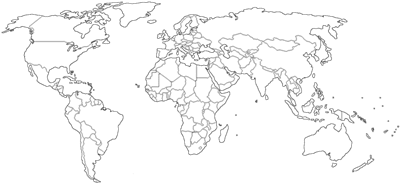|
Summary:
3306-Sdo-Cub-24-21 Tools And Means Of Dief Protection Country:
Cuba
Notice Type:
Tender Notice Deadline:
26 Apr 2024 Posting Date:
18 Apr 2024 |
|
Summary:
3306-Sdo-Cub-24-21 Tools And Means Of Dief Protection Open New Window Country:
Cuba
Notice Type:
Tender Notice Deadline:
26 Apr 2024 Posting Date:
18 Apr 2024 |
|
Summary:
Laboratorio Electronica Y Automatica Profet Open New Window Country:
Cuba
Notice Type:
Tender Notice Deadline:
30 Apr 2024 Posting Date:
17 Apr 2024 |
|
Summary:
Acquisition Of A 3-Body Subsoiler. Ires Project Open New Window Country:
Cuba
Notice Type:
Tender Notice Deadline:
29 Apr 2024 Posting Date:
17 Apr 2024 |
|
Summary:
Acquisition Of Manual Horror. Ires Project Open New Window Country:
Cuba
Notice Type:
Tender Notice Deadline:
29 Apr 2024 Posting Date:
17 Apr 2024 |
|
Summary:
Acquisition Of Mobile Workshop Truck. Ires Project Open New Window Country:
Cuba
Notice Type:
Tender Notice Deadline:
29 Apr 2024 Posting Date:
17 Apr 2024 |
|
Summary:
Acquisition Of Equipment And Resources For Marine Aquaculture. Guacanayabo Conpescas Project Open New Window Country:
Cuba
Notice Type:
Tender Notice Deadline:
26 Apr 2024 Posting Date:
17 Apr 2024 |
|
Summary:
Mi Costa Project Microscopes Country:
Cuba
Notice Type:
Tender Notice Deadline:
30 Apr 2024 Posting Date:
15 Apr 2024 |
|
Summary:
Mi Costa Project Microscopes Open New Window Country:
Cuba
Notice Type:
Tender Notice Deadline:
30 Apr 2024 Posting Date:
15 Apr 2024 |
|
Summary:
Cabinets And Incubators Mi Costa Project Open New Window Country:
Cuba
Notice Type:
Tender Notice Deadline:
30 Apr 2024 Posting Date:
15 Apr 2024 |

Most trusted source for Tendering Opportunities and Business Intelligence since 2002